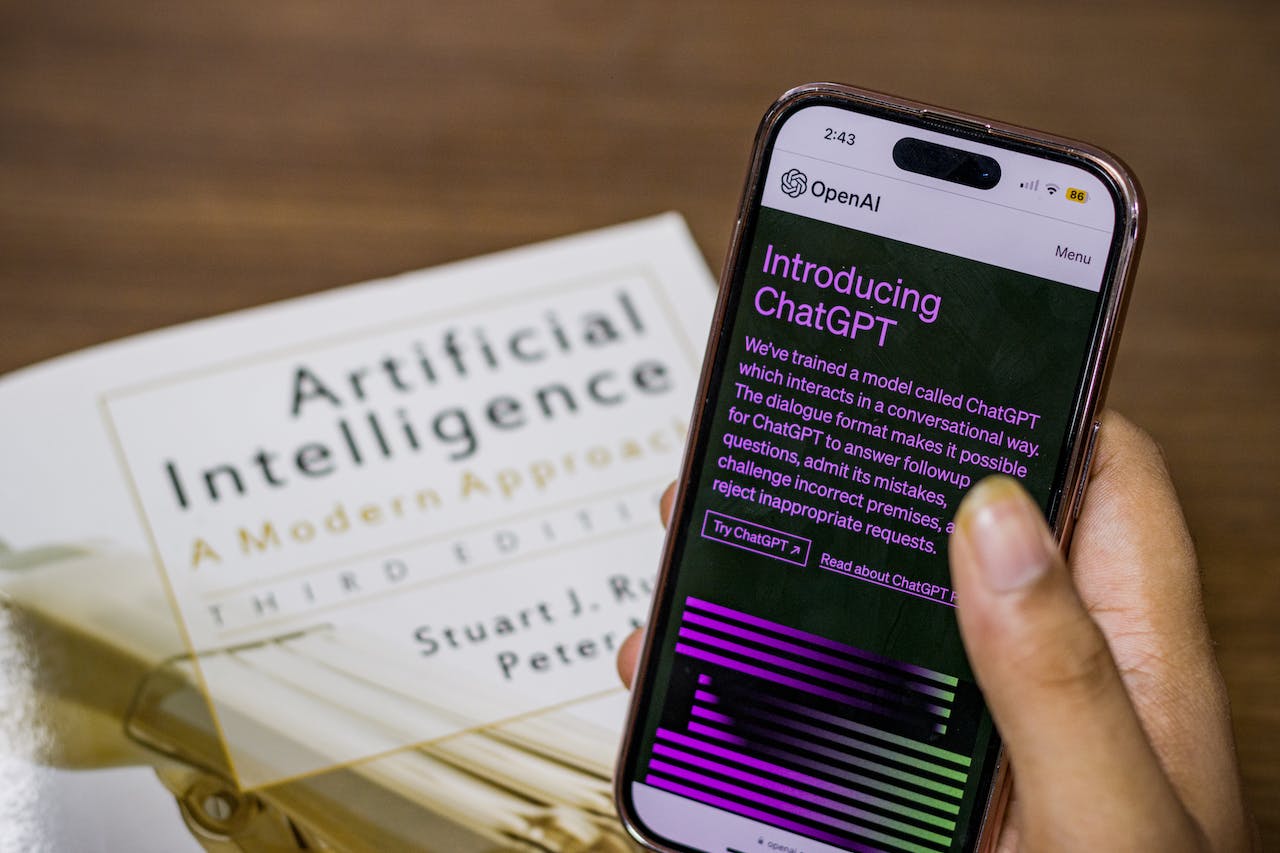
Tips for Teachers and Classroom Resources
Latest Articles

7 AI Content Detection Tools Teachers Can Use

Prompt Engineering Techniques You Can Teach Students

How to Adopt Sheltered Instruction Strategies (SIOP Model)

What Is Inquiry-Based Learning?

7 Useful ChatGPT Plugins for Teachers and Students

How to Use ChatGPT Advanced Data Analysis for Data-Driven Instruction

Leveraging Flip (Flipgrid) for Your Online Classrooms

27 ChatGPT "Hacks" for Educators and Education Leaders

Teaching Strategies for Neurodivergent Students

How to Leverage the Jigsaw Teaching Strategy for Your Classroom

8 ChatGPT AI Prompts for Creative Teaching

4 ChatGPT Lesson Plan Activities for Teachers

Implicit Instruction vs. Explicit Instruction

Top Manipulatives for Teaching Math
